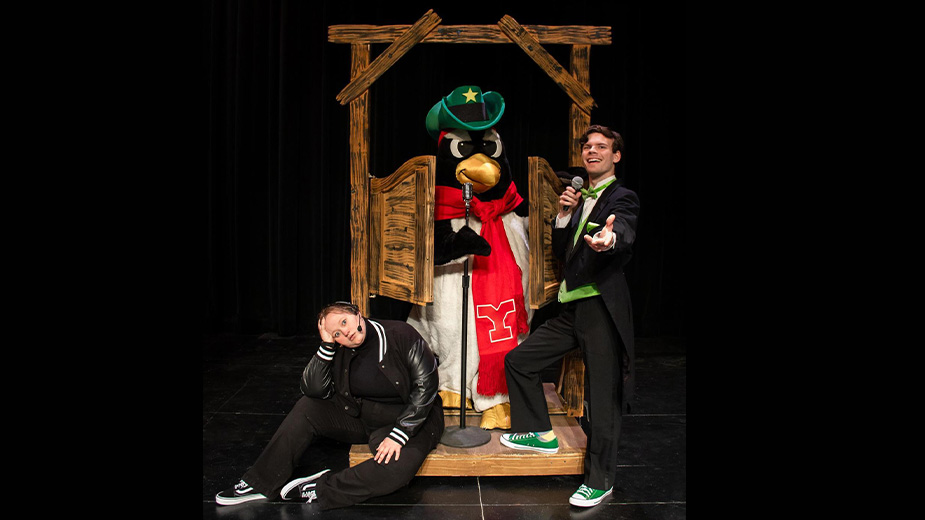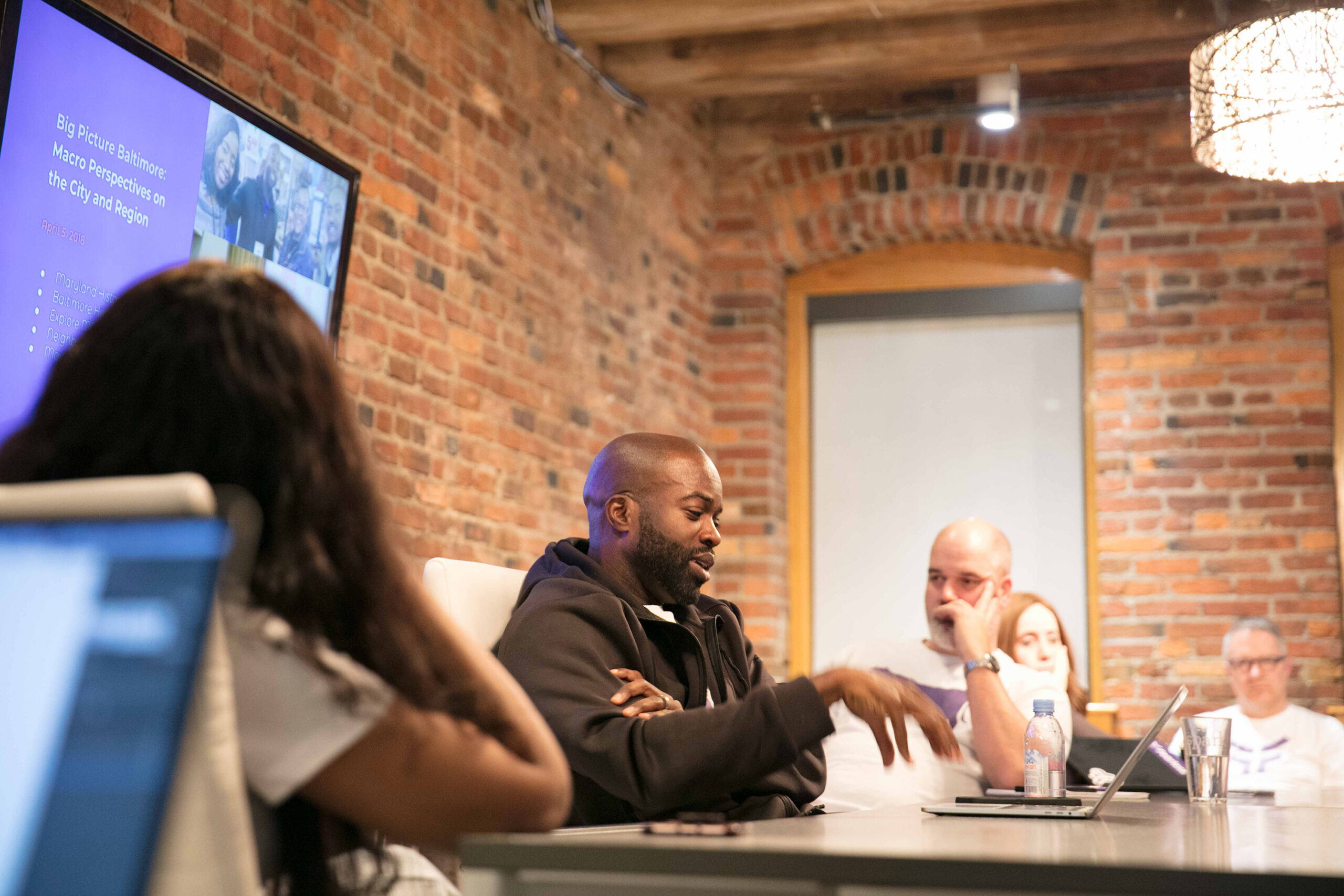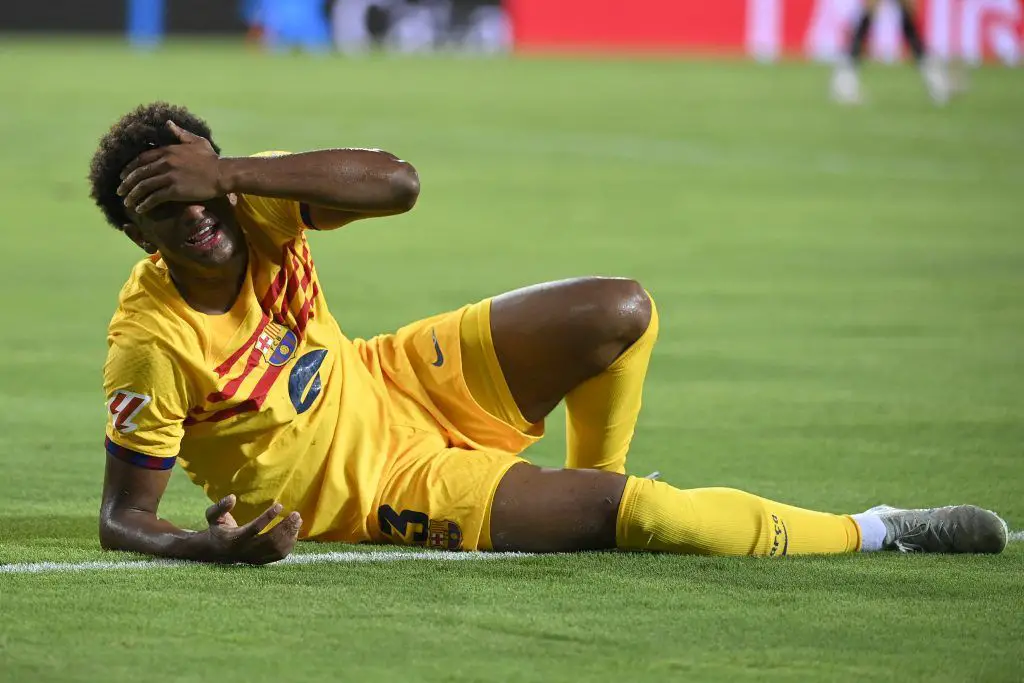Sports
Why Unilever tripled sports marketing commitments in the USA | Unilever

Biography
President of Unilever USA and CEO of Unilever’s Personal Care business in North America.
Herrish has been with Unilever since 2001, with roles based in Australia, Eastern Europe and Asia. He moved to the USA in 2021 as Executive President of Unilever Nutrition North America, and started his current role in February 2024.
The advertising landscape shifts constantly, driven by innovation in technology, changing consumer behaviour and the speed with which trends form and move on.
Reaching consumers where they are is an increasingly key component of Unilever’s marketing strategy – and sport offers a unique opportunity to do just that, particularly here in the USA. That’s why we’ve tripled our sports media marketing commitments since 2020, becoming a sports marketing powerhouse.
Using engaging content and unmissable consumer experiences as key differentiators, we’re increasingly targeting sports to boost brand equity.
Why sports marketing?
Our brands reach people on and off the field, making sports a natural fit for our brand propositions, products and marketing strategies.
Whether it’s Dove keeping girls in sports by building their body confidence, Degree giving athletes the confidence to move more or Hellmann’s being a must-have for game-day spreads, our brands show up authentically in this exciting space.
It adds up to an unrivalled opportunity to make a meaningful connection with consumers. As they’re viewing in real time, audiences are naturally engaged when they’re watching sports. And research shows live sports viewership is also growing rapidly, with digital channels a significant part of this increase.
In 2024, the USA is expected to see its highest year of streaming revenue, after sports rights spending (where broadcasters pay for the right to show a game or sport) grew by over $3 billion between 2022 and 2023.
The rapid rise of women’s sports
Women’s sports especially are seeing a boom, with record audience levels driven by younger generations. In fact, NRG’s Levelling the Playing Field report (PDF 13.8 MB) revealed 39% of Gen Z and 29% of Millennials have been watching more women’s sports over the last 12 months.
And according to Deloitte, women’s elite sports are projected to generate $1 billion in revenue in 2024 as recent peaks in viewership and engagement across sports channels indicate fans’ appetites for women’s sports are at an all-time high.
With viewing figures soaring, there’s everything to play for.
Five ways we’re growing brand superiority through sports marketing
-
Dove serves up marketing through tennis activations
During tennis tournaments in the USA, Dove joined forces with rising tennis star Emma Navarro, who became the first athlete to wear the Dove logo on her competition clothing as she reached the semi-finals of the competition.
Dove also served up geo-targeted brand advertising via rideshare app Lyft. With a 97% increase in rides across the New York area heading to the Arthur Ashe stadium, Dove reached a highly engaged audience via a Lyft map takeover and branded Lyft cars.
The brand hosted an event in Manhattan’s Grand Central Station too, where consumers could participate in augmented reality tennis games and try Dove Advanced Care Deodorant.
-
Hellmann’s football focus

Hellmann’s campaigns have made Game Day synonymous with food, and this year the brand expanded its coverage of Fall Football beyond its now-famous Big Game advertising spots.
Alongside partnerships with several professional and college teams, the Hellmann’s Tailgate Truck is making stops at 20 games this season, promoting game day recipes.
The brand also introduced a fan-favourite mascot, Manny Mayo, with mascots being as integral to Game Day as delicious dishes.
Building on the brand’s partnership with Tennessee Titans quarterback and mayo fan Will Levis, Hellmann’s made headlines ahead of the Fall football season with the launch of the world’s first mayonnaise-inspired fragrance, Will Levis No.8, which sold out in under a minute and generated over 10 billion impressions online.
-
Getting more girls into football with FIFA

In 2023, Unilever committed to a five-year sponsorship with FIFA, starting with the Women’s World Cup, followed by the Women’s under-20 World Cup which took place in Colombia this year. The partnership will also extend to the FIFA 2026 World Cup, and the Women’s 2027 competition.
During the FIFA Women’s World Cup, deodorant brand Degree (sold in other markets as Rexona and Sure) teamed up with US soccer player Christen Press for ‘Change the Field’, a programme setting out to create more inclusive soccer communities across the USA.
The programme included a suite of digital training modules called ‘Girls Can’, aimed at increasing the number of girls who play football. The modules also form part of Degree’s global Breaking Limits programme and equip soccer coaches with the skills to ensure equal opportunities. They are available in Brazil, UK, Argentina, Australia and Mexico – countries where women’s football has seen significant growth.
-
Dove’s Body Confident Sport programme

Research from the Dove Self-Esteem Project shows 45% of girls drop out of sports by the age of 14 due to low body confidence. Acting on this insight, the brand teamed up with Nike to co-create the Body Confident Sport programme.
Body Confident Sport, a first-of-its-kind campaign – backed by scientifically proven digital tools – launched in October 2023, and has had a steady stream of engagement to help keep girls playing the sports they love, including an ad at the Big Game and corresponding activations with tennis champion and entrepreneur Venus Williams and athlete and coach Kylie Kelce.
-
Dove, Degree, Axe and NCAA March Madness

Dove, Axe and Degree are also sponsors of the National Collegiate Athletics Association (NCAA) basketball tournament, known as March Madness – and have been for the past 14 years.
Degree has sponsored the Women’s March Madness Halftime Report Desk show since 2022 and launched the Bracket Gap Challenge the same year to help raise awareness for the Women’s tournament and athletes.
This campaign featured two-time NCAA Champion Candace Parker, widely regarded as one of the greatest WNBA players of all time. The activation was part of Degree’s Breaking Limits programme, which supports those who face the biggest barriers to being active.









